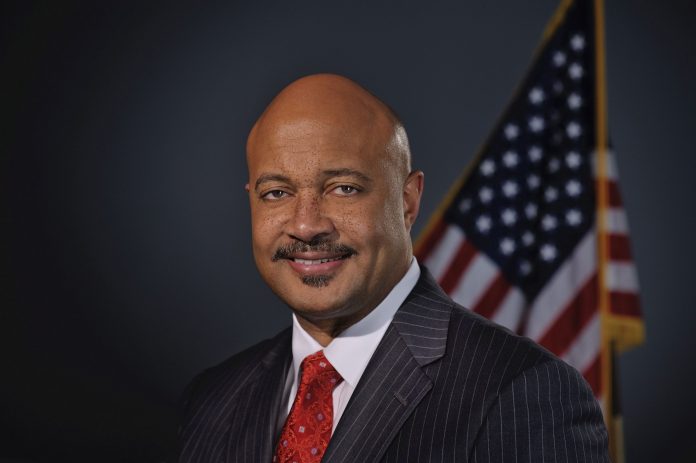Attorney General Curtis Hill has filed a brief urging the U.S. Supreme Court to uphold the life-without-parole sentence of a man convicted of murdering his grandfather when the offender was 15 years old.
Fifteen other states have joined the Indiana-led brief.
In the state of Mississippi, Brett Jones stabbed his grandfather eight times in 2004 following an argument, killing the older man. He was convicted of murder in 2005 and sentenced to life without the possibility of parole.
In 2012, the U.S. Supreme Court ruled that under the Eighth Amendment’s prohibition of cruel and unusual punishment, minors could not be sentenced to mandatory life without parole. In 2016, the court further stated that this rule applied retroactively to all those who had received such sentences before the age of 18.
In response, the Mississippi Supreme Court granted Jones a new hearing — after which the trial judge again sentenced Jones to life without parole. Jones has argued that his sentence is invalid because the court that sentenced him did not specifically find that his crimes reflected “permanent incorrigibility.â€
In his brief, Attorney General Hill explains that the Supreme Court’s Eighth Amendment decisions do not require state sentencing bodies to use the magic words “permanent incorrigibility†when sentencing juveniles to life without parole. The court’s 2012 and 2016 decisions simply require courts to consider minor offenders’ youth when handing down discretionary sentences, Attorney General Hill said.
“Under our American system of federalism, states have authority over their own criminal matters so long as they ensure that all individuals are accorded their constitutional rights,†Attorney General Hill said. “In this case, Mississippi has met that standard because the Eighth Amendment clearly does not require a sentencing court to follow a specific procedure or recite certain words in order to justify a discretionary life-without-parole sentence of a minor convicted of homicide.â€





